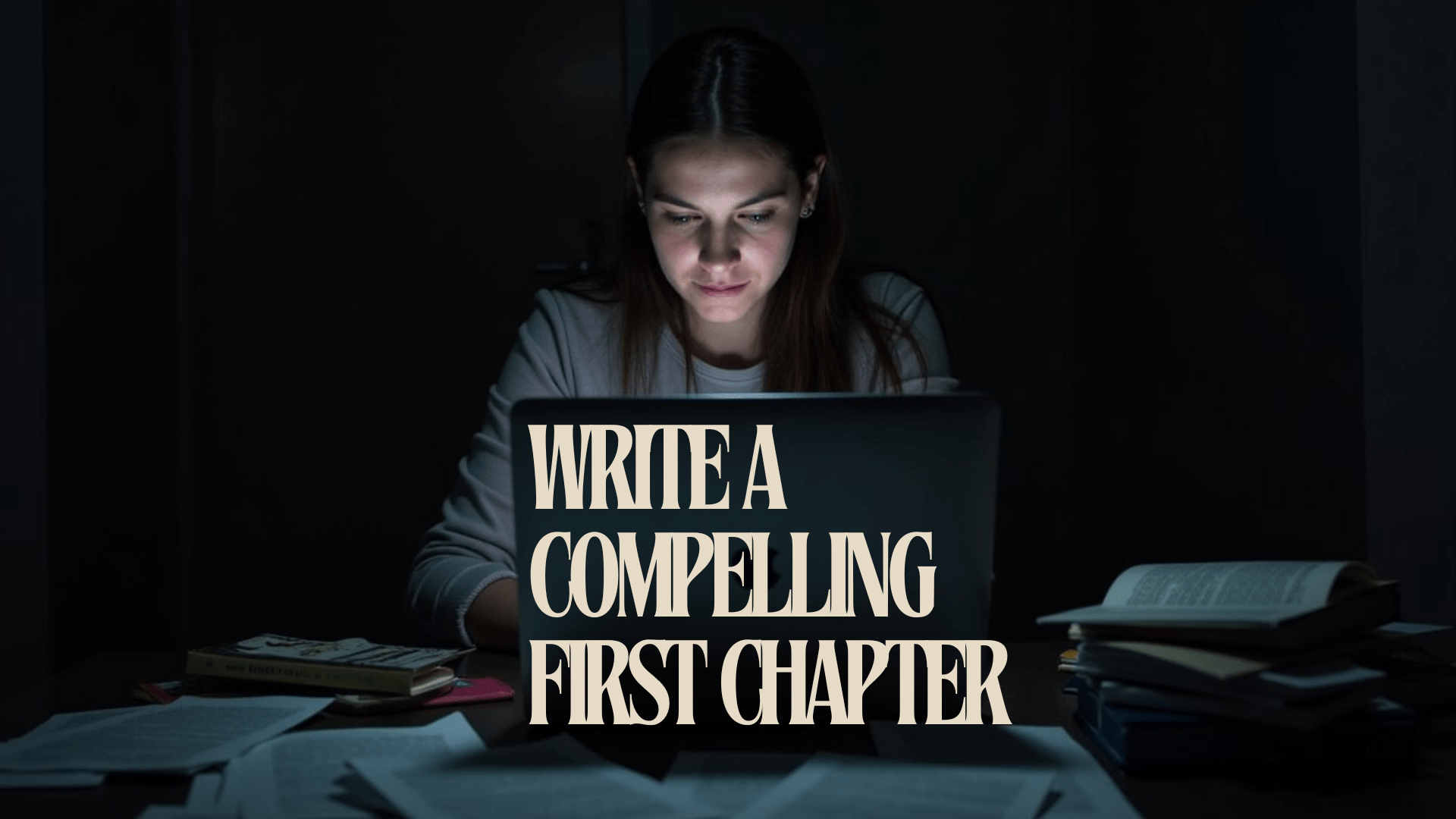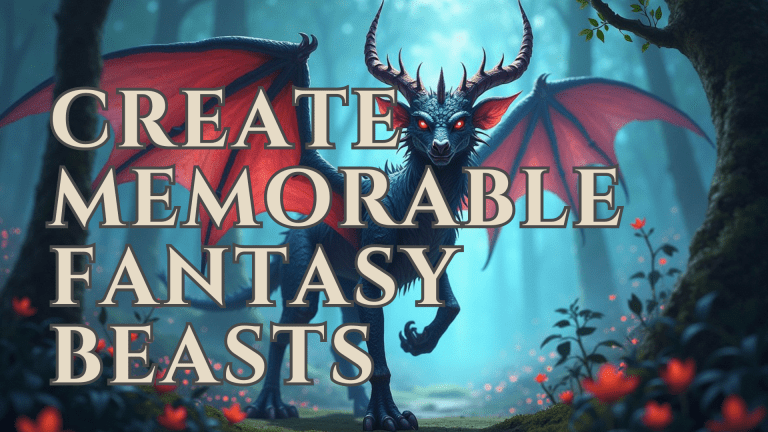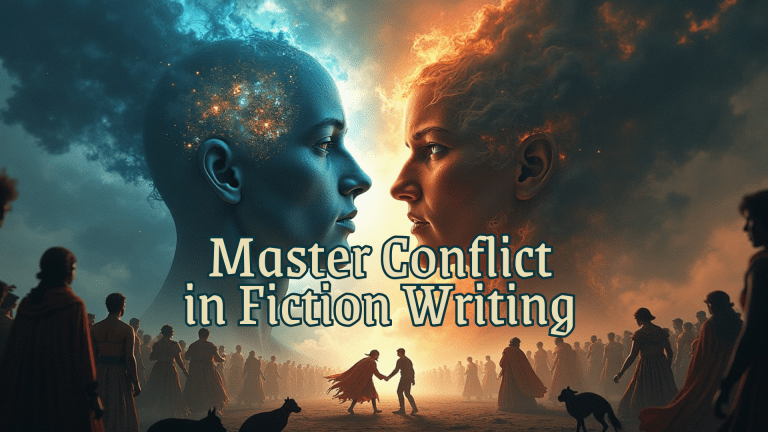The Art of Writing a Gripping First Chapter
Did you know that 90% of readers decide whether to continue a book based solely on the first chapter? That’s a lot of pressure! But don’t worry, I’m here to help you craft a first chapter that grips your readers from the start. In this post, we’ll explore key strategies for writing an opening that’s impossible to put down, ensuring your story captivates from page one. Let’s dive into the art of creating a killer first chapter that leaves your readers hooked!
The Importance of a Strong First Chapter
The first chapter can make or break your book. It’s where you set the tone, introduce your main character, and lay the groundwork for the entire story. Understanding reader psychology and how to engage them from the start is crucial. Establishing a compelling opening is like making a great first impression – it’s the foundation for everything that follows.
Looking for a complete course on getting that novel onto the page? Check out this course on Udemy!
Start with a Bang: Opening Hooks That Work
Want to hook readers instantly? Consider starting in medias res – jumping right into the action can create immediate intrigue. Introducing an intriguing question or presenting a shocking statement are powerful ways to spark curiosity. Remember, the goal is to get your reader asking questions they need answers to.
Introducing Your Protagonist: Making Them Unforgettable
Your main character is the heart of your story. They need to be relatable, interesting, and have clear goals that draw the reader in. Balance backstory with forward momentum – avoid overwhelming readers with details that can wait until later chapters.
Setting the Scene: World-Building Without Info Dumping
World-building is essential, but you need to do it subtly. Use sensory details to immerse readers in your setting while balancing familiar elements with unique aspects of your story world. Remember, a good first chapter gives just enough information to spark curiosity without slowing down the pace.

Mastering the Art of Dialogue in Your Opening Chapter
Dialogue is a powerful tool for revealing character and advancing the plot. Keep conversations natural and engaging, and avoid dialogue that feels forced or overly expository. Dialogue should move the story forward and give readers insight into your characters’ personalities.
Establishing Conflict and Tension from Page One
Conflict is what drives your story. Introduce the main conflict or problem early, while also creating micro-tensions that keep readers on edge. Whether it’s internal or external, the tension should build as the chapter progresses, culminating in a reason for readers to keep turning pages.
Pacing Your First Chapter: Finding the Right Rhythm
A well-paced first chapter is key to maintaining reader interest. Alternate between action, dialogue, and description to keep the momentum going. Short sentences and varied paragraph lengths can enhance the pacing, while ending with a compelling cliffhanger leaves readers eager for more.
Common First Chapter Mistakes to Avoid
Be careful not to overwhelm readers with too much information upfront. Avoid starting too slowly, introducing irrelevant details, or bombarding readers with too many characters at once. The goal is to maintain clarity while building curiosity and anticipation.
Revising and Polishing Your Opening Chapter
First drafts are rarely perfect. Be prepared to write multiple drafts, gathering feedback from beta readers or writing groups. Consistency with the rest of your novel is crucial – your first chapter should be a strong foundation that matches the tone and style of your entire story.
To be continued…
Writing a compelling first chapter is no small feat, but with these tips, you’re on your way to crafting an irresistible opening that hooks readers from the very first sentence. Keep your focus on engaging, intriguing, and immersing your audience. Happy writing, and may your first chapters always be page-turners!
For more writing tips and tricks, check out BookMatchClub and discover more ways to enhance your storytelling skills.







